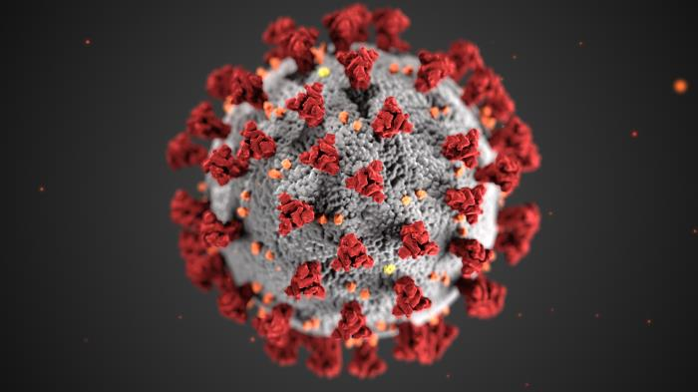Nationwide research flagship takes fight to global viral threats
A growing network of Maurice Wilkins Centre investigators around New Zealand are collaborating on research to tackle important viral infectious diseases.

The MWC Virology Flagship research group has grown from strength to strength in recent years and is now a truly national network that has demonstrated agility in pivoting towards new threats.
The Flagship was developed following a national workshop of virology researchers hosted by the MWC in 2016 that identified areas of synergy and complementary world-class research expertise across New Zealand in multiple disciplines – biology, chemistry, structure-based design, manufacture and translation – that could be combined to target viruses. The group secured funding from the MWC Flagship Research Programme in 2018 to support research on direct acting antiviral design, vaccine design, and diagnostics. This has allowed the group to build on existing research programmes by leveraging national and international collaborations that span the antiviral development sphere.
Current projects feature several types of viruses - influenza, norovirus, arbovirus and hepatitis B. Within the influenza theme, they are applying structure based methods to identify new antiviral drugs that can block viral replication. They are also utilising novel technologies to design broader, more effective anti-influenza vaccines.
The Flagship is working to develop new antiviral treatments for arboviruses, such as the dengue virus and norovirus, a bug that causes diarrhoea and vomiting, both of which are prevalent in the Asia Pacific region. It also aims to develop an effective antiviral agent for hepatitis B and a vaccine effective in cases of chronic active hepatitis.
MWC Virology Flagship leader Professor Kurt Krause from the University of Otago, says that the MWC’s support for building cross-institutional/multidisciplinary teams has been instrumental in its success in becoming strong and agile in a wide array of core areas – in virology, cell culture, medicinal chemistry, structural biology, assays and biochemistry.
The value of having an existing network of experts has been shown recently in response to the COVID-19 pandemic.
“Within the cross-collaboration, the teams in place are ready to address their own milestones, but also prepared to tackle emerging viral threats as needed,” said Kurt. “Since COVID-19, we have been able to pivot to diagnose, isolate, and grow SARS-CoV-2, test agents against this novel virus and even start working on a COVID-19 vaccine at Otago. Having the Flagship in place greatly accelerated our ability to work together during this crisis.”
The Flagship is well placed to contribute to the development of new antiviral drugs with top medicinal chemists on board from the University of Auckland and the Ferrier Institute at Victoria University of Wellington, which can then be tested at the University of Otago. One of the current potential antiviral drugs that is being studied for use against COVID-19 is galidesivir, which was designed and first synthesised by Professor Peter Tyler at the Ferrier Institute.
In 2019 the group received a MBIE Endeavour Fund grant towards the ‘New Frontiers in Antiviral Development project’ that aims to develop new classes of antiviral drugs.
“There are a lot of viruses out there for which there’s no treatment,” said project leader Professor Vernon Ward, MWC Associate Investigator from the University of Otago. “On top of that, just like you talk about antimicrobial resistance from bacteria, we get antiviral resistance from viruses. So you generally need combination therapy or a range of antiviral options.”
The collaborations fostered within the MWC Virology Flagship network will be vital for future success in the development of new antiviral drugs, vaccines and diagnostics.
Image from CDC/ Alissa Eckert, MSMI; Dan Higgins, MAMS